Why College Students Are Sharing Dorms With Senior Citizens
February 13, 2017 in Daily Bulletin

Tiffany R. Jansen wrote:
- Those who live in nursing homes often feel cutoff from the rest of the world.
- Meanwhile students are having to take on increasing amounts of debt to go to college.
- Some nursing homes are putting two and two together, and are offering students free accommodation in nursing homes, if they spend time interacting with the home’s senior citizens.
- Just the students’ general presence seems to brighten up the lives of the elderly. Instead of talking about their aches and pains, they instead gossip about the love lives of their young housemates.
- This type of sustained contact is far more helpful for the elderly, than the one-off interactions that college communities sometimes organize.
Read more on City Lab.
Via: Reddit

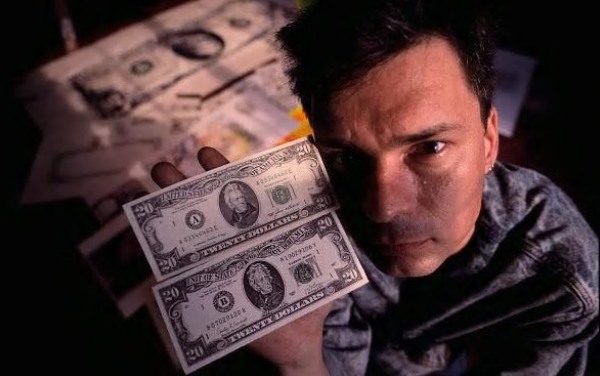
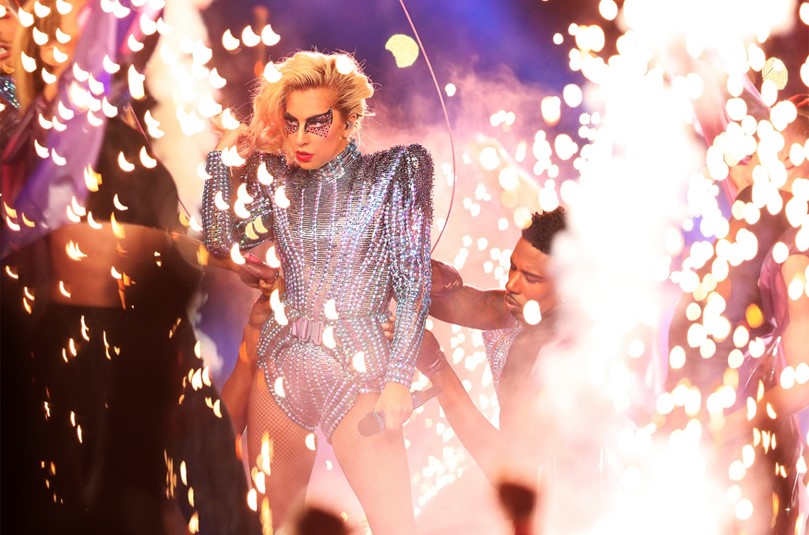
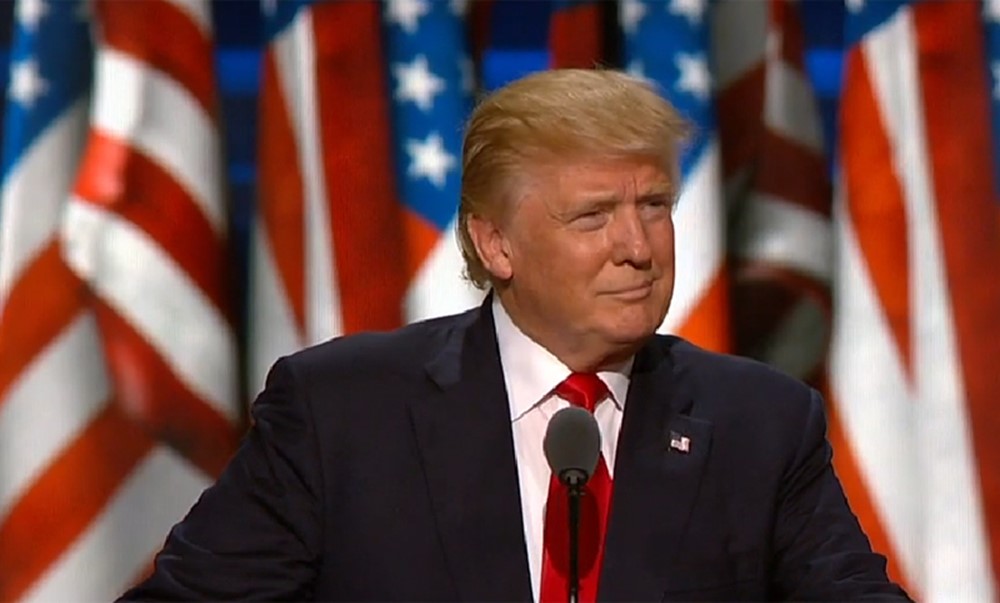
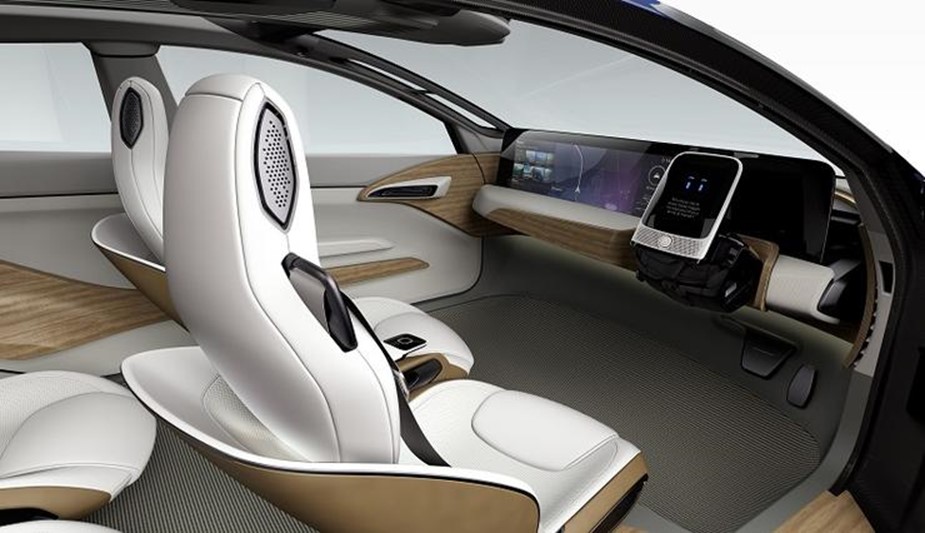



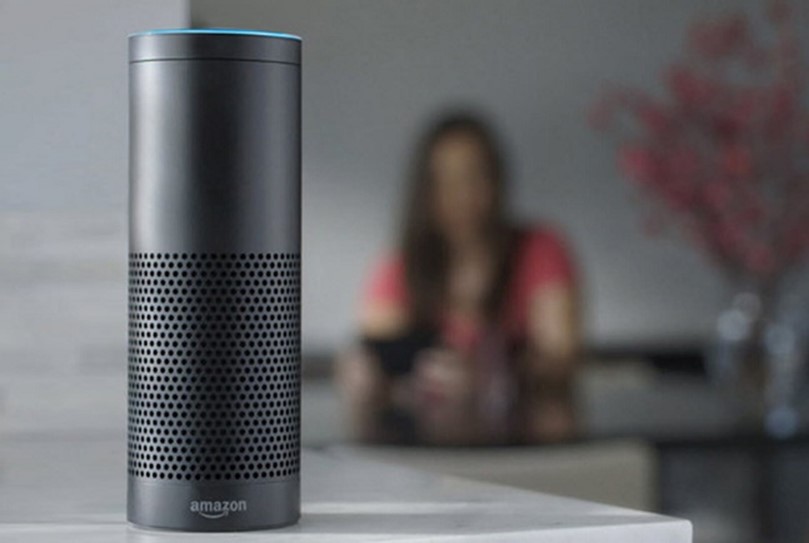
Join the Discussion! (No Signup Required)